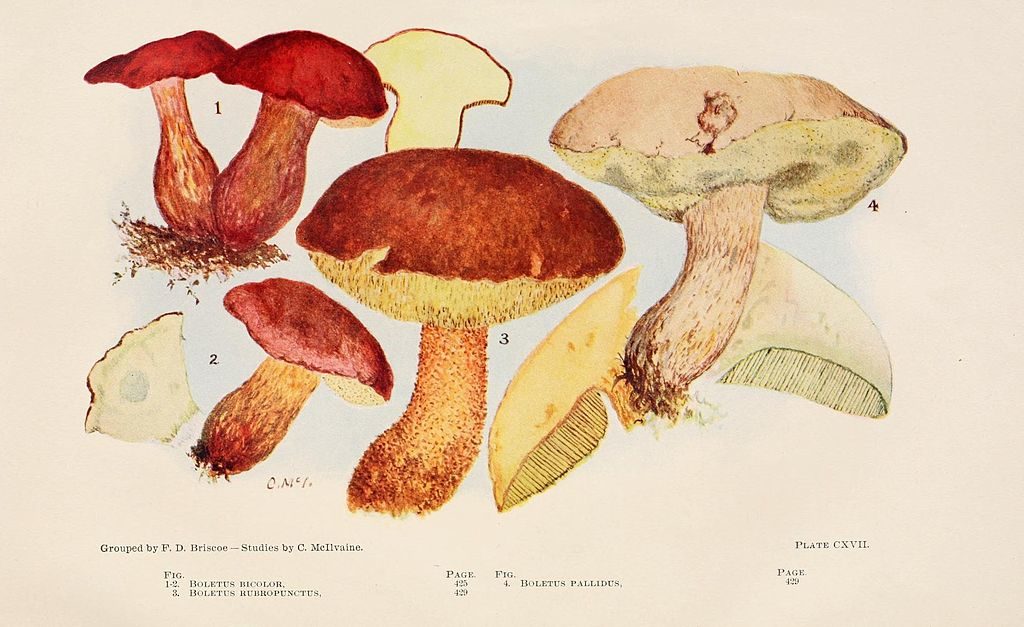Medical tourism: what do we know?
Medical tourism is much-hyped by its proponents, with high figures for its value and patient numbers published in some industry reports. In 2007, Deloitte estimated American patient outflow at 750,000 and projected this to increase to 6,000,000 by 2010: in reality, the recession hit medical tourism numbers, which a more recent Deloitte report estimated at…
Not much fun being Roma
copyright: Adam Jones PhD It's always struck me as ironic that a number of Hollywood film stars are happy to be credited with being 1/4 (1/8, 1/16th…) Native American but its not so positive to be more full-blooded Native American, in terms of your social status, health or life opportunities in the US. And…
Mushrooms, delicious or deadly?
Yunnan sudden death syndrome occurs in remote mountainous villages of the Yunnan province of China in the rainy season, at an altitude of 1800-2400 m: people just drop dead from heart failure. You might think its linked to the season…some waterborne or insect-carried disease, or maybe the altitude & a genetic quirk, but it turns…
Health inequality, health disparity, health equity: what’s the difference?
Well if you are at the bottom of the social heap, striving to find enough money to put food on the table and keep a roof over your head…not much. But if you want to understand how a government or a researcher or development worker thinks and works to improve your lot (& public health…
Do Accents Help Plants Grow? Dey Do Dough, Don’t Dey Dough?
According to “research” by Plants4Life, a UK organisation set up to promote plants in the home and the office, “It is a fact that houseplants love a good chat!” and Liverpool accents in particular. The organization says, “Research has shown that talking to our houseplants can help them to grow big and healthy but no one…
If I get sick, will she know what to do?
Copyright: John & Penny Hubley This blog is contributed by Dr Neil Pakenham-Walsh, Coordinator of HIFA2015 , the global campaign and email forum focussed on informed healthcare provision in developing countries. We in richer countries take for granted that our healthcare providers have access to the information they need to make informed decisions... Every…
Putting a value on Mau Forest
Photo courtesy of United Nations Environment Programme. Mau Forest Complex forms the largest closed-canopy forest ecosystem of Kenya. It is the single most important water catchment in the Rift Valley and western Kenya. As Dave pointed out in his blog article last year, the ecosystem services provided by Mau Forest support key economic sectors, including…
On your bike?
One of my colleagues is sitting at her desk with a bag full of bars of Fairtrade chocolate today. No, she's not suddenly acquired an overwhelming chocolate craving. It's all part of 'Green Travel to Work Day', in which local businesses around Wallingford, where CABI has it's headquarters, are encouraging their employees to find environmentally…
Millennium Development Goals – where next?
This week the UN debated the progress made on the 8 Millennium Development Goals (MDGs). These goals, agreed by 189 countries set out targets for achievement in hunger, poverty, education, health, sanitation and equality that have channelled development efforts in the last 10 years. They are much criticised but represent an unprecedented international agreement on what…
Helping yourself (GlobalHealthTrials.org)
In 2004, a couple of years after I started work for CABI, I heard a talk by Paul Chinnock, then part of the Cochrane Collaboration, (conduct systematic reviews of the effects of healthcare) and now editor of Tropika.net. Essentially this talk outlined the need for evidence-based interventions for developing countries: amongst other suggestions, it called…



